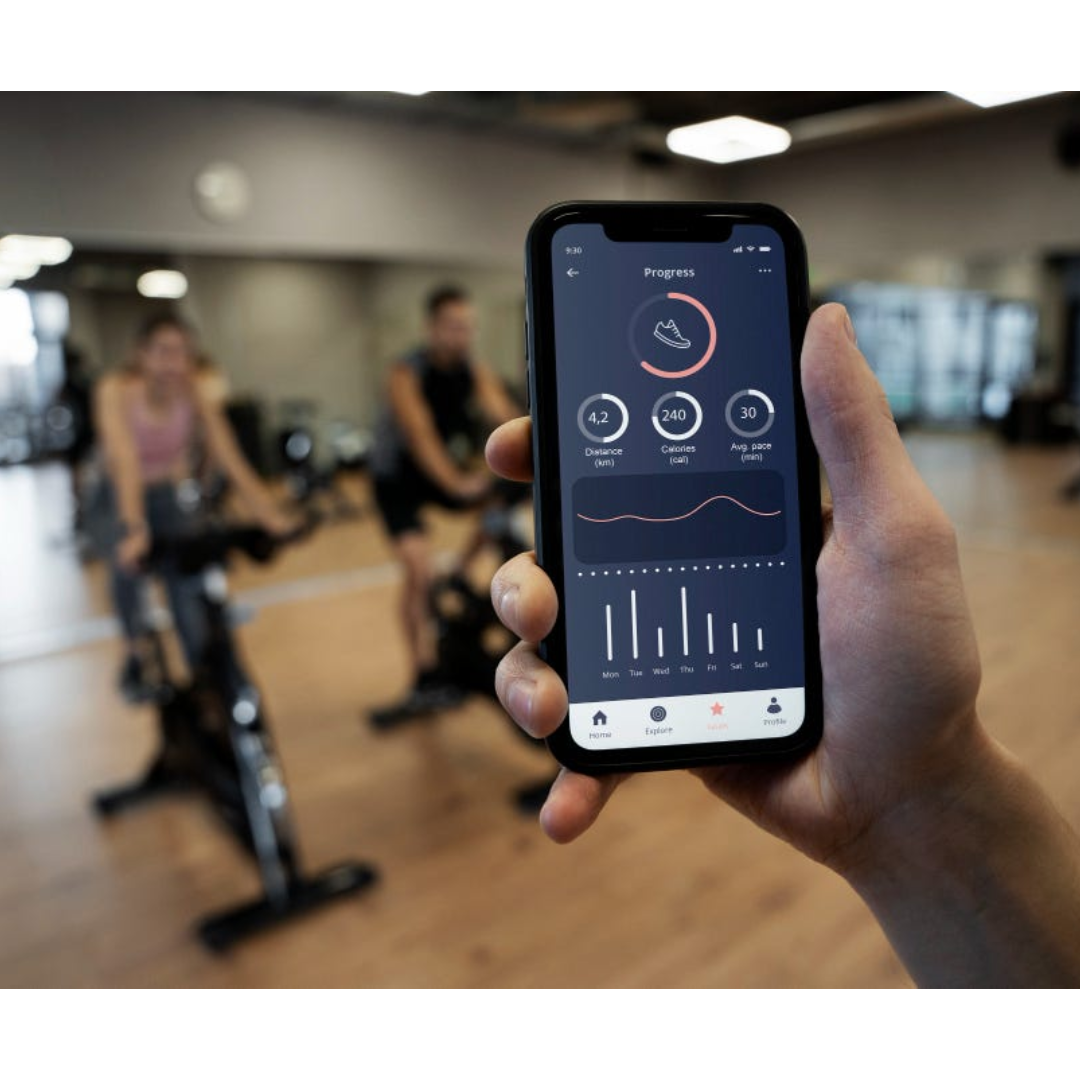
1. Wearable Technology and Fitness Tracking
Wearable devices such as fitness trackers and smartwatches are revolutionizing how we monitor our workouts. With real-time data on heart rate, calories burned, and even sleep patterns, these devices help users fine-tune their fitness routines for optimal results.
2. Virtual Workouts and Remote Training
The rise of virtual fitness platforms allows users to participate in workouts from the comfort of their homes. Virtual personal trainers, live-streamed classes, and on-demand workout sessions provide a wide range of options for fitness enthusiasts, regardless of location.
3. Artificial Intelligence in Personal Training
Artificial intelligence is enabling more personalized workout plans through smart apps and devices that adapt to your performance and progress. AI-driven virtual trainers can recommend exercises, set goals, and adjust intensity, offering a tailored fitness experience.
4. Augmented Reality (AR) for Immersive Workouts
Augmented reality technology is making fitness more interactive and engaging. Through AR glasses or screens, users can experience immersive environments, making workouts more fun while also increasing motivation and performance.
5. Smart Equipment in the Gym
Smart gym equipment is transforming traditional fitness spaces. Machines that adjust automatically to a user’s strength or progress, such as smart treadmills or resistance training equipment, provide more efficient workouts and greater results in less time.
6. Biofeedback and Fitness Optimization
Advanced biofeedback technology can now monitor physiological responses such as muscle tension and breathing patterns during workouts. This real-time data helps individuals optimize their performance, prevent injuries, and enhance overall fitness by making small adjustments during training.
7. Fitness Gamification
Technology is gamifying fitness through apps and platforms that reward users with points, badges, and achievements for completing workout milestones. By incorporating gaming elements, fitness apps boost user engagement and make exercise more enjoyable.
8. The Role of Virtual Reality (VR) in Fitness
Virtual reality workouts are taking fitness to the next level by providing full-body immersive experiences. VR fitness games and environments allow users to participate in fun, interactive activities that blend entertainment with exercise, making it easier to stick to a workout regimen.
9. Nutrition Integration with Fitness Technology
Fitness apps are evolving to integrate nutrition tracking with exercise plans. By providing insight into diet and its effect on performance, these apps help users better manage both their workouts and their nutritional intake for a balanced approach to fitness.
10. The Evolution of Group Fitness Classes
Technology is reshaping group fitness classes by offering virtual participation options, allowing members to join from anywhere in the world. Additionally, instructors can now use augmented reality or holograms to lead more dynamic and engaging group workouts, offering personalized attention even in large classes.
These technological innovations are transforming the fitness landscape, making workouts more effective, accessible, and engaging than ever before.
Comments (0)